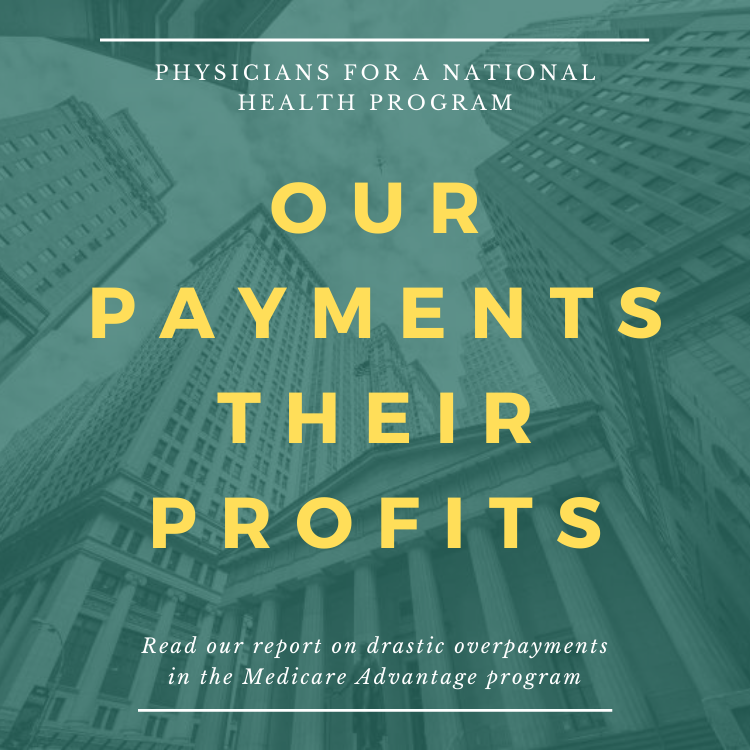By Ronald Wyatt, M.D., M.H.A.
The Washington Post, April 5, 2021
When I write about health policy or speak with medical colleagues about barriers to care, there is one word — and one word only — that evokes a wide range of responses. Some respond with silence; others with avoidance. Some respond with anger and defensiveness.
The word appeared at the top of a paper I submitted to the Journal of the American Medical Association in 2015 with David R. Williams, a professor of public health and African American studies at Harvard University. The title: “Racism in Health and Healthcare: Challenges and Opportunities.”
The editor of the journal at that time, Howard Bauchner, advised us that the word could not be published and that “racial bias” would be substituted into the title before publication. Using “racism,” he said, would result in “losing readers.” As authors and scientists, we compromised. We agreed to the change, and the article was published.
Just a few weeks ago, six years after that decision to compromise, Bauchner and I spoke by phone. He apologized, saying that progress has been made since then.
Has progress been made? JAMA recently announced that following controversial comments on racism in medicine made by a deputy editor, Bauchner was placed on administrative leave on March 25 while an independent investigation is completed.
Entrenched systemic racism — and the deliberate omission of the word in patient safety circles — is the cause of an astonishing level of preventable harm and death among communities of color that have been devalued and discounted for more than 400 years.
The covid-19 pandemic has laid bare the racial inequities of the U.S. health-care system. Too many health-care executives still perpetuate the ahistoric perspective that our country’s model provides safe and equal care for all. Yet the disproportionate number of deaths to covid-19 among racial and ethnic minority groups exposes the systemic and lethal barriers to care.
Last month, a major health-care trade magazine accepted another article that I contributed to with three colleagues, once again with “racism” in the title. When our editor sent us the final authors’ agreement, we noticed the word had been removed from the title and replaced with “intolerance.” This time, we were not willing to compromise. Our editor later informed us that the article would not be published in the May/June issue as scheduled. We were not given a reason.
I have worked all over the United States and internationally as a champion of addressing health inequity. I can say without hesitation — both as a doctor and a citizen — that racism in the United States is a public health crisis.
Having lived in rural Alabama, my family experienced these inequities personally. When my great uncle, who was like a father to me, fell ill, he was taken to a clinic that was segregated by skin color, and was subsequently admitted to a hospital in Selma in 1973. He died one day later. In 2015, I learned he had a ruptured appendix and was never seen by a physician.
I have advised and worked with large, complex health-care systems in the United States, Britain, Australia and Africa. I have collaborated with organizations such as the American Medical Association, the American Hospital Association and the Joint Commission. I have even discussed race as a risk factor for death with White health leaders, such as former president of the Institute for Healthcare Improvement Don Berwick.
Yet, I still sometimes feel that survival mechanism kick in to compromise and veil the truth that structural and systemic racism is a root cause of preventable harm and death across U.S. health care. I have been warned that if I did not continue to compromise, I would be labeled an “angry Black man” and that colleagues would distance themselves from me.
The days of compromise are over.
Solving systemic racism in public health must start with naming it. We must publish the word. We must say the word. If health-care providers are to be competent in caring for communities that have been marginalized and oppressed for centuries, then they must understand the role racism plays in poor health. This includes chronic illness, delayed or denied care, barriers to access, condescension, assumptions, inadequate diagnoses and overt disregard.
But proactively addressing racism in health care requires much more than completing training modules, launching hollow PR campaigns, hosting inclusivity workshops, hiring diversity chiefs or donating to under-resourced clinics. As any doctor would attest, before a wound can heal, it must be cleansed. This can be a painful process.
The actions needed to improve health care include listening and learning with humility; acknowledging and addressing implicit bias within work cultures; and fostering environments where reporting unfair treatment, without fear of reprisal, is encouraged and celebrated.
Mid-pandemic, we have a once-in-a-lifetime opportunity to transform health care. That change begins with language and proceeds with authentic, deliberate and intentional changes to policy and practices. Specificity matters now more than ever.
The word “racism” must be spoken loudly in hospital hallways, in boardrooms, at kitchen tables, in editorial meetings and in all health professions schools. Racism is a public-health crisis.
Dr. Ronald Wyatt co-chairs the Institute for Healthcare Improvement’s equity advisory group and is faculty for the IHI Pursuing Equity Initiative. He was the first Black chief medical resident at the Saint Louis University School of Medicine.
